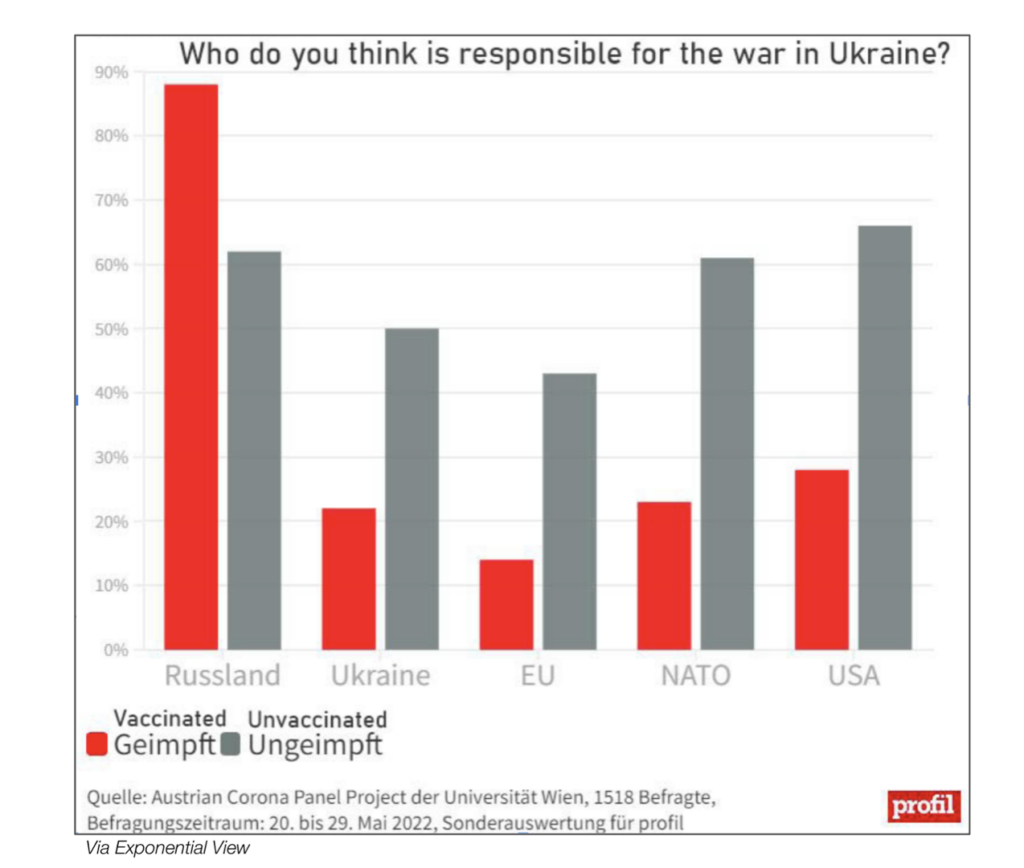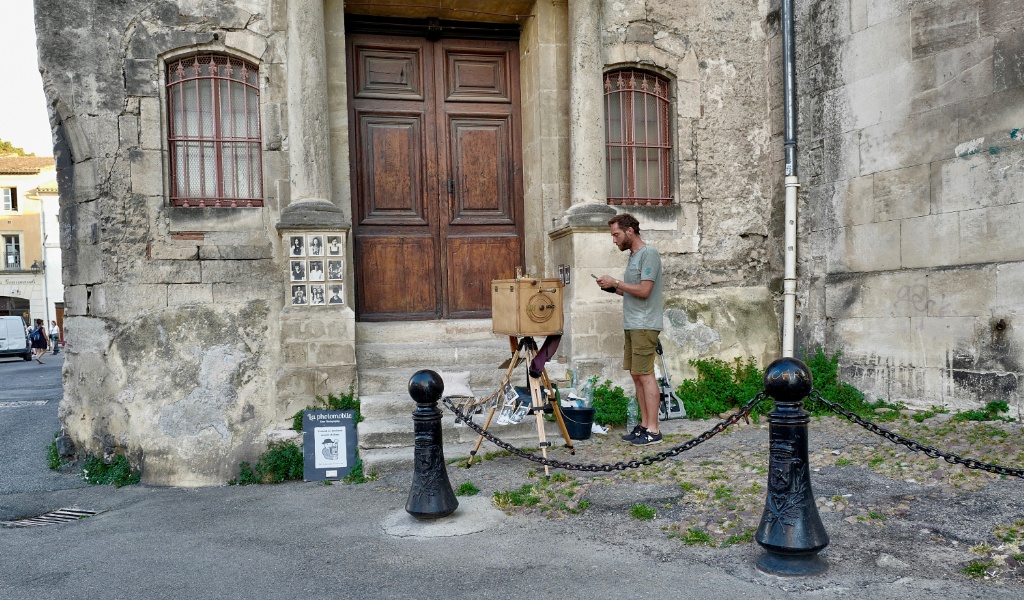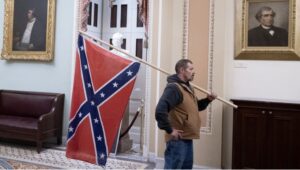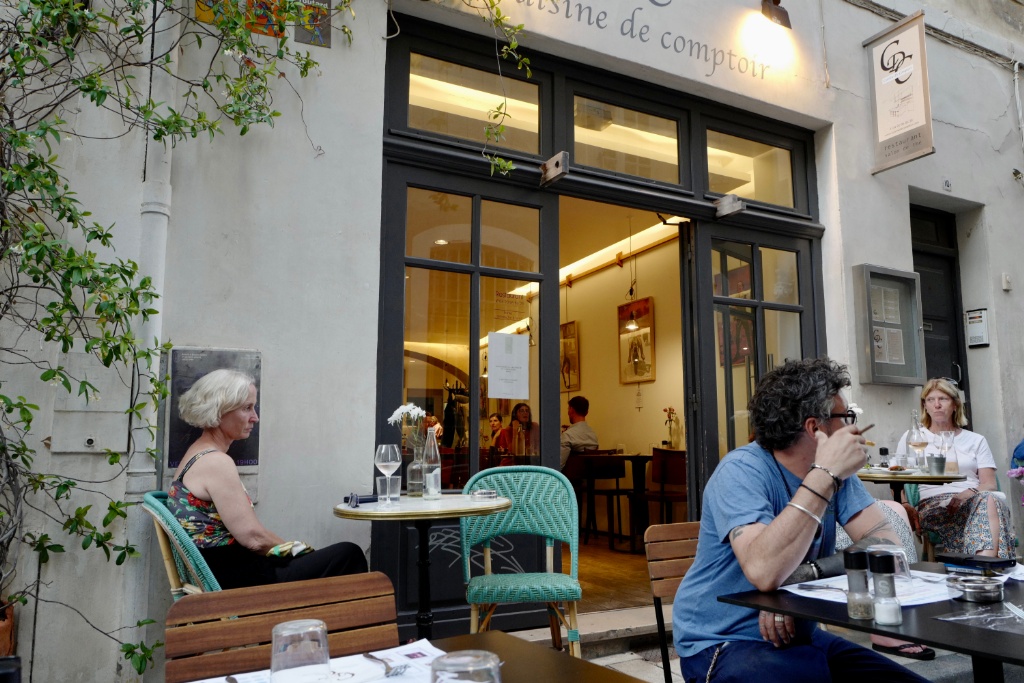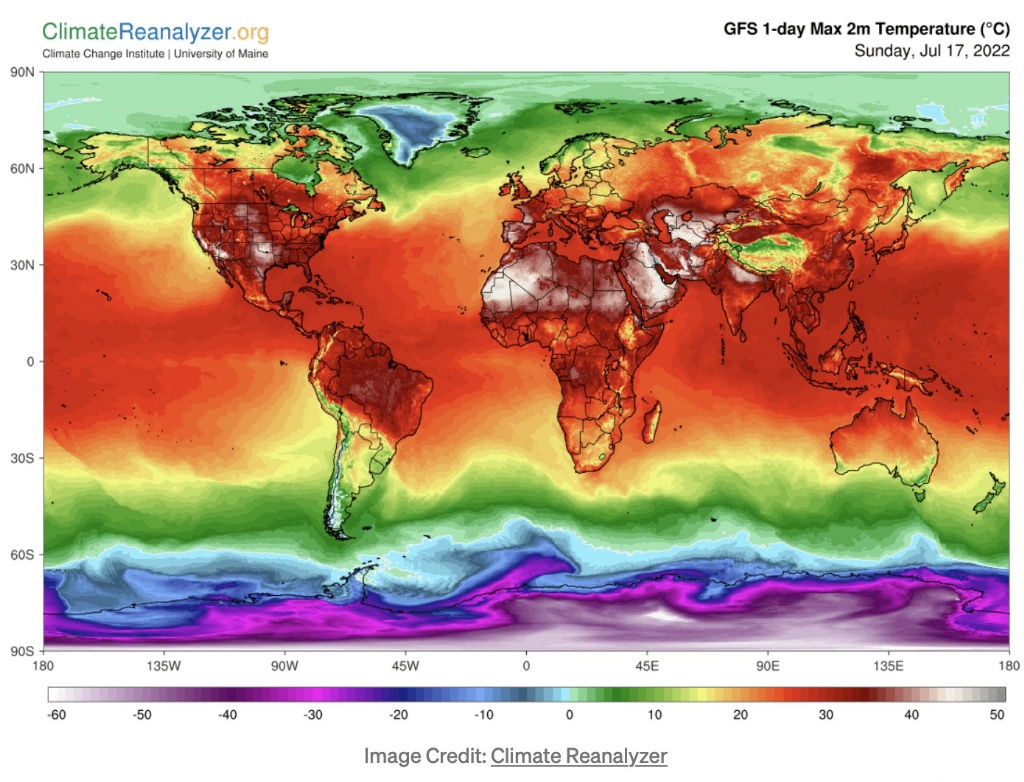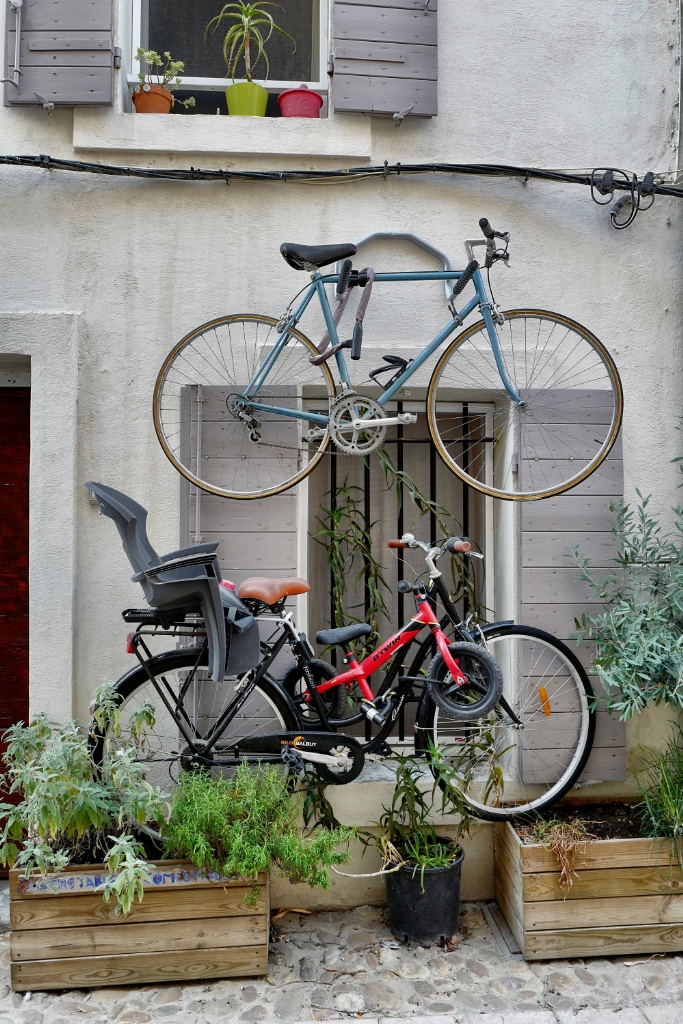Two Horses are better than one
One of the joys of being a recovering petrolhead in Provence is coming on beautiful examples of iconic cars — in this case the Citroen Deux Chevaux or 2CV. It was a brilliant concept when it was introduced in 1948 — a combination of smart engineering and utilitarian design. It was cheap to make and purchase, easy to maintain and repair and powered by an economical air-cooled engine. (Just like the original VW Beetle, in fact.) But because it was French, it was always somehow more chic than the German people’s wagon.
In the last week I’ve come on two interesting examples of the 2CV. This beautifully-maintained one:

And this imaginatively upgraded version:

Provence is also a good place to spot original WW2 Jeeps still in daily use (spare jerrycan and all). Alas, this year we haven’t as yet seen any. And of course I keep my eyes peeled for a properly restored DS19.
Quote of the Day
”All really new ideas have a certain aspect of foolishness when they are first produced.”
- Alfred North Whitehead
Musical alternative to the morning’s radio news
Tom Waits | Hold On
Those stories that Tom is in the pay of manufacturers of throat pastilles are fake news.
Long Read of the Day
THE MAINTENANCE RACE
This utterly riveting story by Stewart Brand about the world’s first round-the-world solo yacht race is a great read. The race was a thrilling and, for some, deadly contest. The moral that Brand draws from it is how important being able to maintain your boat can be.
Here’s a sample (about Robin Knox-Johnson) the eventual winner of the race…
Dressing in a dark shirt and jeans to hide his white body from potential sharks, he dove down and tried wedging strips of cotton caulking into the gaps. But five feet underwater, he couldn’t hold his breath long enough to secure the caulking in place.
He thought some more. Then he cut a 1- 1/2inch canvas strip seven feet long, sewed caulking to one side of it, coated it with Stockholm tar, and pushed tacks through the canvas every six inches. With a hammer he kept suspended below the hull, he was able to pound in the tacks to hold the caulking in place, but he could only manage one tack at a time before having to surface to breathe. It took two hours.
Then, worried that the canvas strip might tear off eventually, he cut a long strip of copper that could be nailed over it. Meanwhile a shark had arrived and was circling the boat. He fetched his rifle, shot the shark, and watched it sink out of sight, apparently without attracting other sharks. He went back into the chilly water hoping that was so…
Wonderful stuff, and good enough to confirm me as a definite landlubber.
My commonplace booklet
**An Apple-1 prototype that was hand-soldered by Steve Wozniak is going under the hammer. Link from The Register.
This specific piece of hardware is expected to bring in a cool half a million, being the board the Steves (Wozniak and Jobs) used to demo the Apple-1 to Paul Terrell, leading Terell to give them their first big purchase order for fifty Apple-1s in 1976. The Byte Shop owner paid them $500 per unit, cash on delivery, and sold them for $666.66 apiece.
Woz alone designed the hardware, circuit boards, and the operating system for the computer, first demonstrated at a meeting of Palo Alto’s Homebrew Computer Club (Terrell and Jobs were also members) in July of the same year. As the listing points out: “Without Jobs, Woz had no market — he had already given away the Apple-1 design to members of the Homebrew Computer Club, and had little interest in exploiting it for profit.” But Jobs, as history tells us, did.
And so the path to a $2.453 trillion market cap company began…
This Blog is also available as a daily email. If you think that might suit you better, why not subscribe? One email a day, Monday through Friday, delivered to your inbox. It’s free, and you can always unsubscribe if you conclude your inbox is full enough already!


